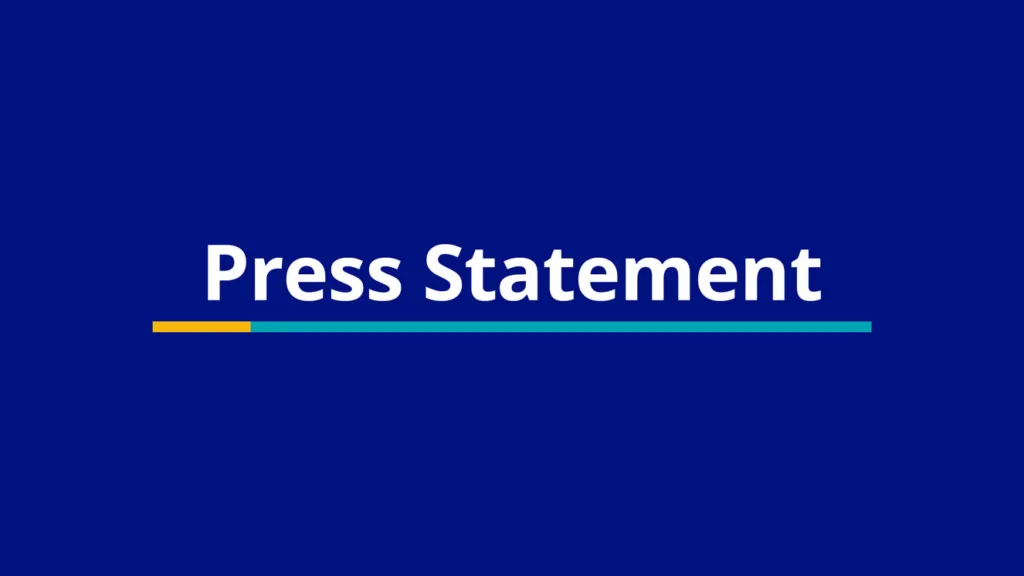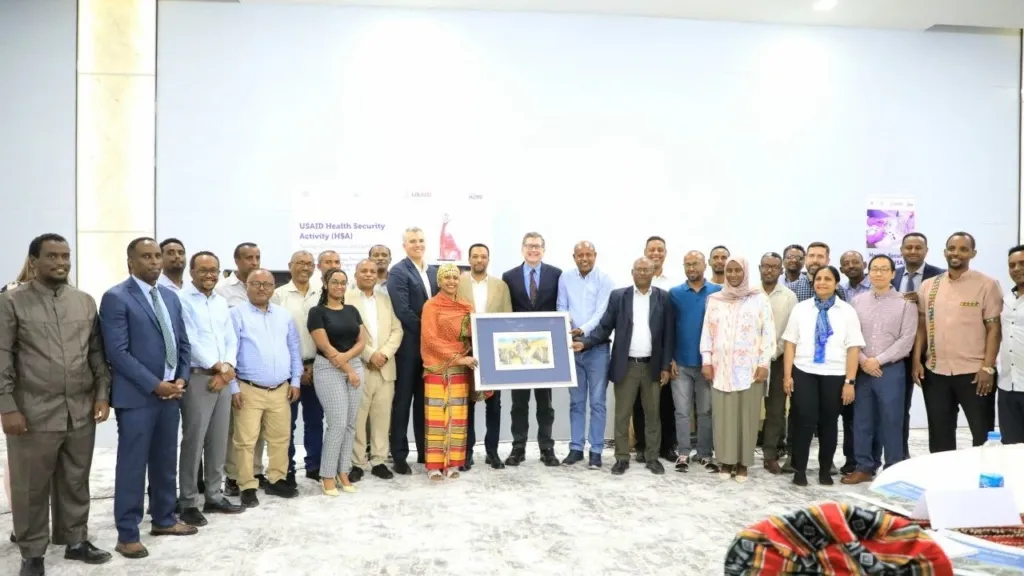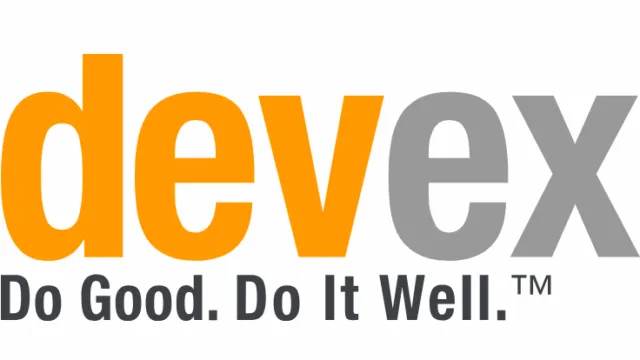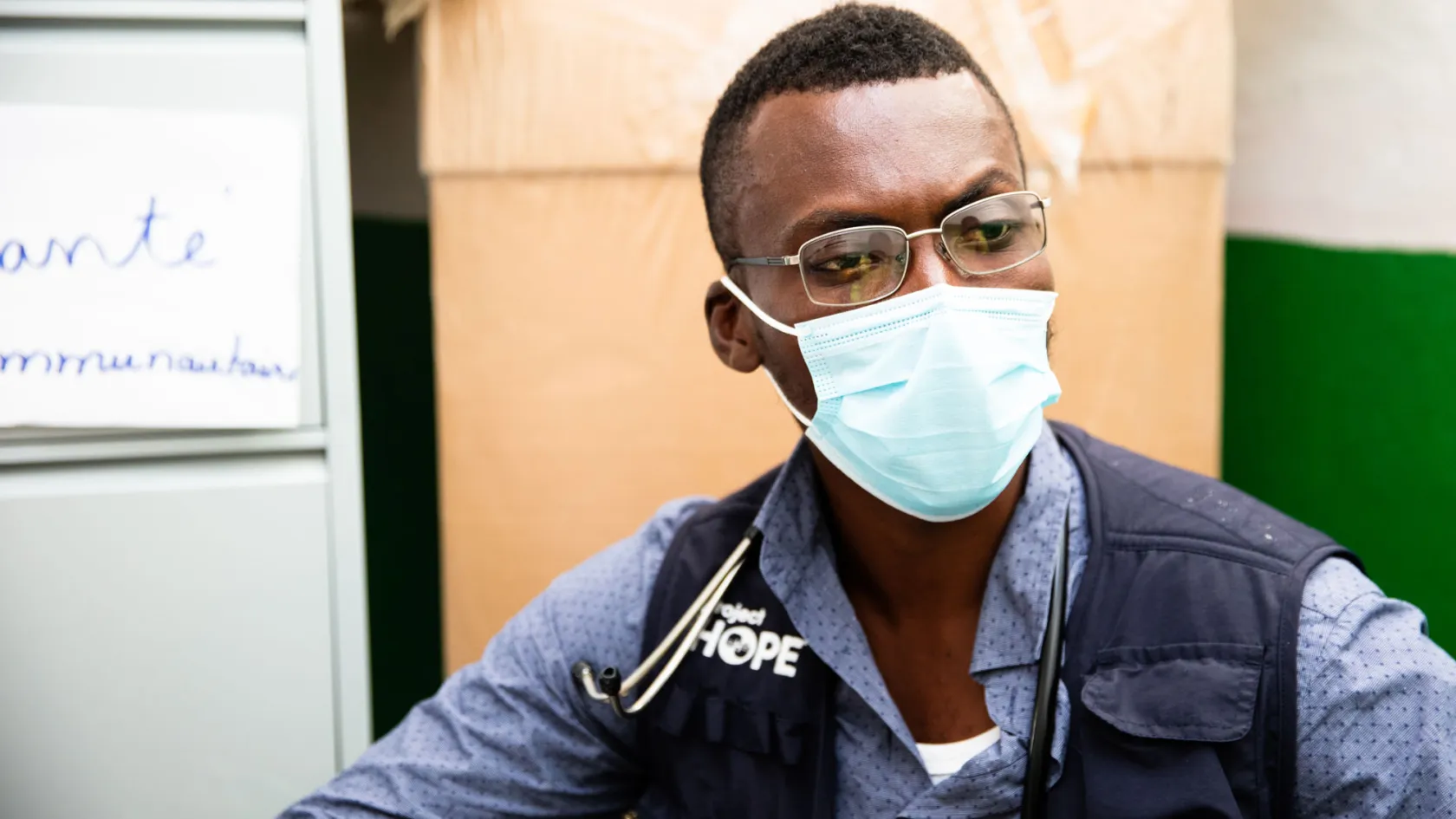Vaccine Access & Hesitancy Affecting Texas Communities’ COVID-19 Fight
Project HOPE partners with local health clinics to address equity gaps that put Hispanic, refugee & low-income communities at high risk

Texas, US (December 7, 2021) — Despite the availability of free vaccines throughout the United States, some populations continue to lack access to health care services and accurate information. Disparities are causing challenges for some Texas communities. Hispanic, low-income people and refugees are facing disproportionate risks as the COVID-19 pandemic and Delta variant cause illness and deaths. As the Omicron variant spotlights how vaccine equity gaps result in more global concerns and uncertainty, getting equitable shots in arms and addressing vaccine hesitancy on community levels is crucial to solving the continued pandemic crisis.
In an effort to close these gaps and turn the tide against disinformation and distrust toward medicine, Project HOPE has partnered with four local free and charitable health clinics to serve under-served Texas communities. The clinics are based in the McAllen, Texas and the Houston area, serving communities across Harris County and the Rio Grande Valley region. In addition to vaccinations, the clinics are focused on delivering fact-based information and educational resources to people who are uncertain about vaccine science in languages specific to diverse cultures.
“Simply put, vaccines save lives. It’s wrong that some people have less access than others. We are working to change that,” said Harley Jones, domestic emergency response manager at Project HOPE. “While making vaccines accessible has been a priority in the U.S. at federal and state levels, the reality of accessibility varies dramatically depending on an individual’s local community conditions or personal situation,” Jones added.
One of the greatest challenges health workers and community outreach specialists face is the deadly effect of disinformation. Strong hesitancy to the COVID-19 vaccine is the greatest issue Project HOPE and partner clinics are encountering as they conduct community outreach activities and see patients through clinical visits.
“Much of our work centers on clearing up doubts,” said Marisol Resendez, executive director at El Milagro Clinic in McAllen. “Patients we serve have various reasons why they have not been vaccinated, ranging from inadvertent delays despite good intentions to forceful disbelief in the science behind medicine and vaccines. We have found that by offering information and opportunities, vaccine uptake increases.”
“Our job is to make the facts about vaccine science and life-saving benefits accessible to people through sources they can trust. Knowledge is power, and when people get the facts about vaccines, they are empowered to protect themselves and their communities,” Jones added.
While Texas has made progress with vaccination rates, the state is still averaging hundreds of deaths per week according to the Department of State Health Services, which is urging full vaccination to prevent deaths. Health equity gaps that became apparent early in the COVID-19 crisis remain prevalent across the U.S. community, with Hispanic, Black, Brown, Indigenous people as well as low-income communities experiencing disproportionate rates of infection and mortality compared White and higher-income populations.
In addition to clinical staff, outreach efforts are occurring through volunteers, partners, and community health workers specifically trained to educate people about the facts and protective qualities of COVID-19 vaccines.
“Community health workers are playing a critical role in the progress that is occurring in McAllen and Harris County communities,” Jones noted. “Trained as health outreach leaders, they serve as trusted voices within their communities, garnering a level of trust that can be life-saving in a world fraught with doubt, misinformation and even divisiveness.”
Reasons for hesitancy include fears about adverse health effects, beliefs that previous infection makes vaccine unnecessary, pregnancy and related issues, misinformation around ingredients and side effects.
With the goal to reach at least 13,000 people who are vaccine hesitant and achieve at least 3,250 vaccinations, the partnership between Project HOPE and the four community health clinics is about one third of the way toward accomplishing its objective.
“Throughout the COVID crisis, we’ve seen how investing in frontline health workers and local health systems is the number-one way to reach people in ways that resonate,” Jones explained. “We are honored to partner with tireless health leaders at local Texas health clinics and encouraged by the immediate, measurable positive impact underway as we strive to serve most at-risk communities. No one better understands how to best serve their communities than the people who help shape and care for them.”
###
Facts & Figures – COVID & Texas Communities
Source: Texas Department of State Health Services
- Texas has lost 72,882 people to COVID-19-related deaths as of December 3, 2021.
- Over 15,679,000 of the population is fully vaccinated, approximately 54%, just over half
- A November 8, 2021 study reports that from September 4 through October 1, 2021:
- Unvaccinated people were 13 times more likely to become infected with COVID-19 than fully vaccinated people.
- Unvaccinated people were 20 times more likely to experience COVID-19-associated death than fully vaccinated people.
(Source: https://www.dshs.texas.gov/immunize/covid19/data/Cases-and-Deaths-by-Vaccination-Status-11082021.pdf )
About Project HOPE: With the mission to place power in the hands of local health workers to save lives around the world, Project HOPE is a global health and humanitarian organization operating in more than 25 countries. Founded in 1958, we work side-by-side with local health systems to improve health and support community resilience. We work at the epicenter of today’s greatest health challenges, including infectious and chronic diseases; disasters and health crises; maternal, neonatal and child health; pandemic preparedness and response; mental health for health workers; and the policies that impact how health care is delivered. For more information, visit www.ProjectHOPE.org and follow us on Twitter @ProjectHOPEorg.
Clinics & Websites for Information:
About HRSA: This program is supported by the Health Resources and Services Administration (HRSA) of the U.S. Department of Health and Human Services (HHS) as part of an award totaling $1 million. The contents are those of the author(s) and do not necessarily represent the official views of, nor an endorsement, by HRSA, HHS, or the U.S. Government. For more information, please visit HRSA.gov.
Program Impact Data & Details
- Increasing Vaccinations Among Hesitant Communities: During October, clinics successfully administered 721 doses of COVID-19 vaccines to underserved populations including highly hesitant individuals. As of November 1, a total of 1,145 vaccines have been successfully administered, representing progress of 35% towards the goal of 3,250 vaccines projected to be achieved.
- Outreach & Education: Project HOPE and partner clinics report that year-to-date there has been a progress of the 78% towards the goal of 13,000 individuals planned to be provided with COVID-19 outreach education under this grant. The engagement of clinic staff and volunteers have resulted in COVID-19 outreach education to approximately 5,493 individuals, most of them identified themselves as hesitant to the COVID-19 vaccine. Partner clinics estimate that year-to-end, 10,121 individuals have been provided with COVID-19 education and COVID-19 vaccine information.
- COVID-19 Vaccine Trainings for Health Workers: Project HOPE, in collaboration with the Center for Human Rights and Humanitarian Studies at the Watson Institute of Brown University, developed and is delivering COVID-19 trainings for health care workers worldwide. The trainings are being delivered to Texas health professionals. Participants will strengthen their competencies in: Vaccine Science; Vaccine Hesitancy and how to address it; Vaccine Access; and Prioritization Systems, among others.
Interviews available upon request.
Contact: media@projecthope.org



